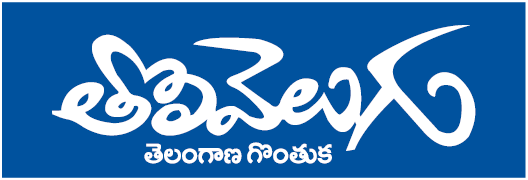In a landmark move, the central government has announced the immediate implementation of four long-pending labour codes, marking the first major reform in labor laws since India’s independence. The move aims to simplify labor regulations, extend social security benefits to all workers, including gig and platform workers, ensure minimum wages, and make appointment letters mandatory for all employees. The codes to be enforced are: Wage Code (2019), Industrial Relations Code (2020), Social Security Code (2020), and Occupational Safety, Health and Working Conditions Code (2020).
The government has replaced 29 outdated labour laws with four unified and modern codes, streamlining employment practices across sectors. Although these codes were approved in 2020, implementation was delayed as several states took time to notify the rules. With the new codes now in effect, the Ministry of Labour has clarified that provisions from existing laws will continue to apply wherever necessary. Social security coverage in India has increased from 19% in 2015 to 64% in 2025, and the new codes are expected to further strengthen a labor-friendly environment nationwide.
The reforms also focus on enhancing women’s safety and rights, ensuring ESIC facilities across the country—including hazardous zones—and simplifying labor administration through single registration, licensing, and return systems. Union Labour Minister Mansukh Mandaviya emphasized that the codes will help organize employment, empower workers, streamline labor administration, and align India with global labor standards, forming a strong foundation for an Atmanirbhar Bharat.
Key Highlights of the Four Labor Codes:
* Employers must provide formal appointment letters to all employees to ensure job security, transparency, and stable employment.
* Social security benefits, including PF, ESIC, and insurance, will extend to all workers, including gig and platform workers.
* Fixed-Term Employees (FTEs) will receive benefits equal to permanent employees and become eligible for gratuity after one year of service.
* Minimum wages are a legal right; employers must pay timely without unauthorized deductions.
* Maximum weekly working hours capped at 48, with daily limits of 8–12 hours in certain sectors; bonuses applicable after 30 days of work.
* Employees aged above 40 will receive mandatory free annual medical check-ups.
* Equal pay for equal work is mandatory; gender discrimination, including against transgender workers, is prohibited.
* Overtime to be compensated at twice the regular wage rate.
* Women allowed to work in all sectors, including mines and night shifts, with safety measures and consent.
* Dependent coverage extended to in-laws of female employees.
* Formal legal recognition of gig workers, platform workers, and aggregators (Uber, Ola, Swiggy), with aggregators contributing 1–2% of annual turnover toward social security.
* Aadhar-linked Universal Account Number (UAN) will make social security benefits portable across states.
* Journalists, freelancers, dubbing artists, and media professionals brought under labor protection with appointment letters, regulated hours, and wage security.
* Contract and migrant workers to receive equal wages, welfare benefits, and social security as regular employees; employers must provide minimum workplace facilities like clean drinking water.






